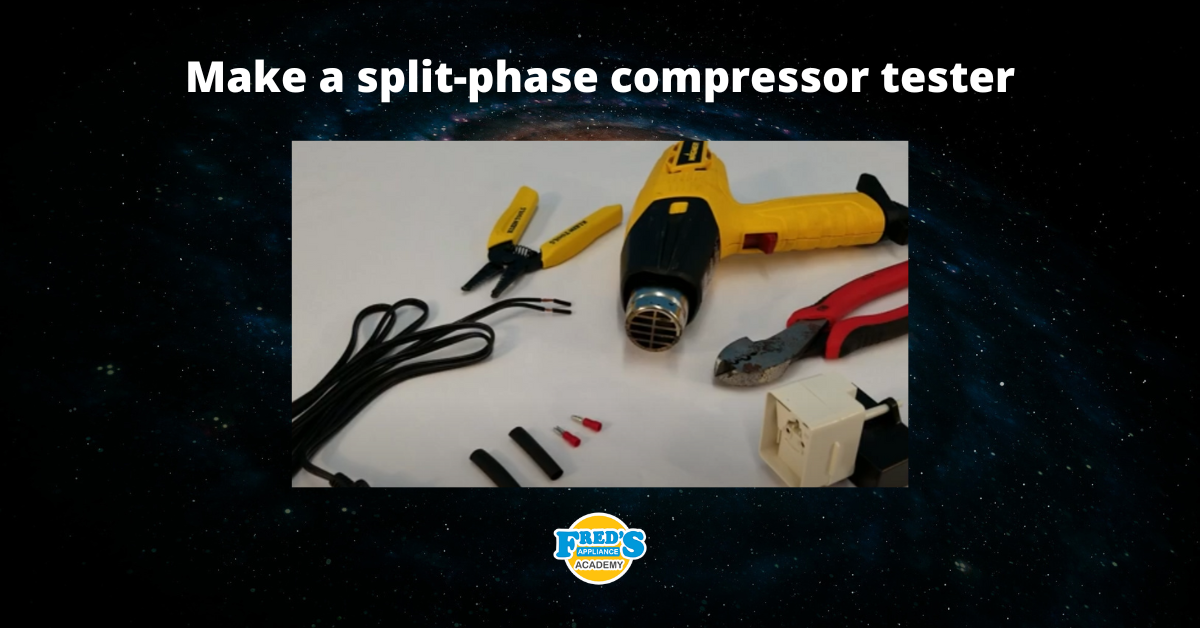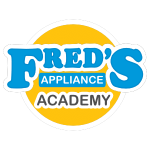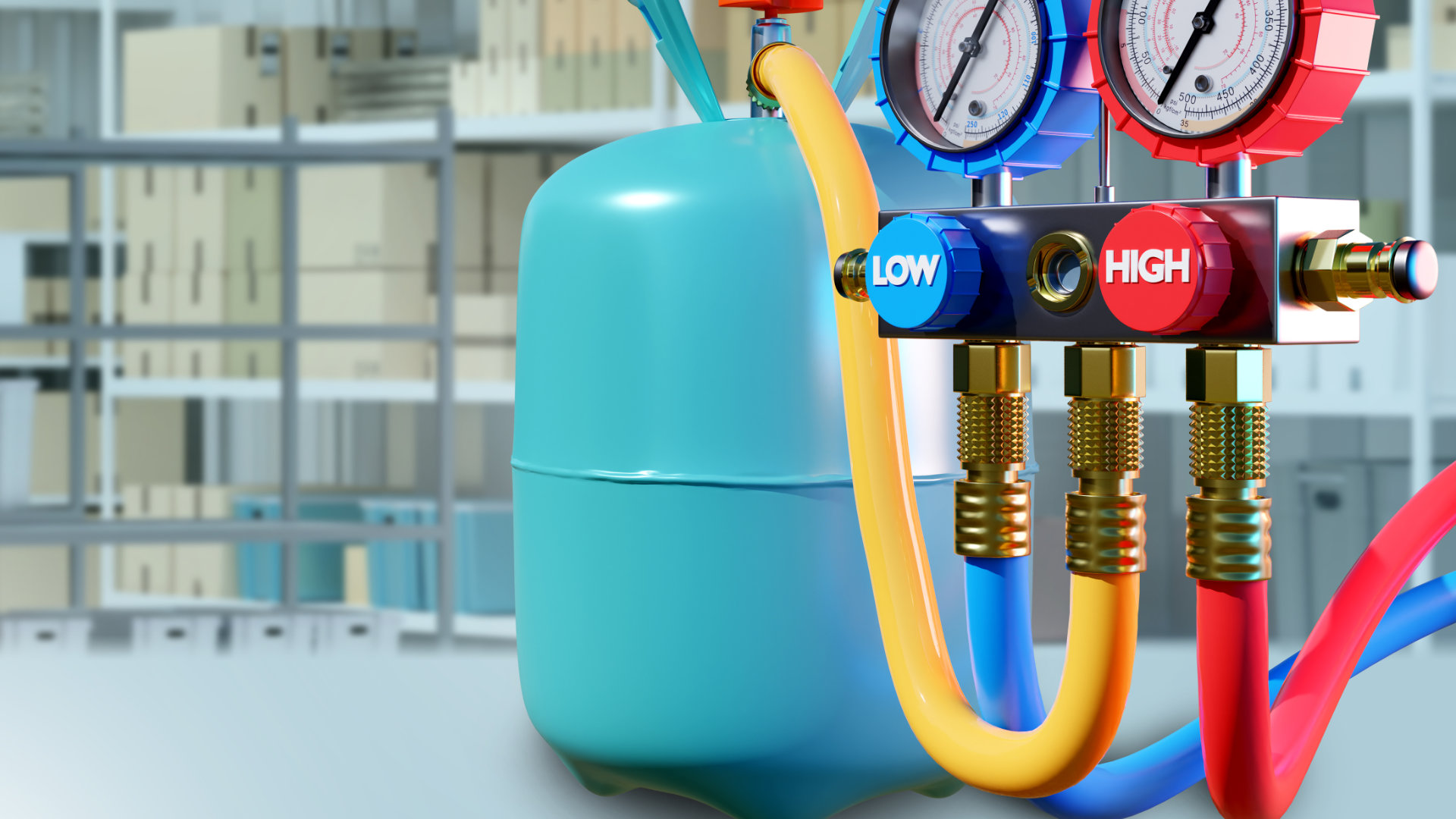
Refrigerators are one of the most important appliances in the modern home and have been for decades. You might have heard of Freon, a type of refrigerant once commonly used in refrigerators, which is associated with a range of environmental concerns. But do refrigerators still use Freon? And how can you tell if your fridge uses Freon or not? We have the answers!
What Is Freon?
Freon is a trademarked name for a specific type of chlorofluorocarbons, or CFCs. It was developed in the 1920s and was commonplace in refrigerators, air conditioning units, and aerosols. Earlier refrigerants were made from ingredients like ammonia, sulfur dioxide, methyl chloride, and propane, all of which are either toxic or flammable. When Freon was invented, it appeared to be perfect in comparison—it wasn’t flammable, it was highly effective and it was non-toxic.
Freon works by absorbing heat at low temperatures and releasing it at higher temperatures. It is remarkably efficient at doing this, but unfortunately, there was a problem. By the 1980s, it was discovered that CFCs such as Freon were not as harmless as they seemed. When CFCs are released into the air, they can break down and deplete the ozone layer, which is essential for warding off UV radiation.
Once it was discovered that CFCs like Freon were so environmentally damaging, the Montreal Protocol was agreed on, which saw CFCs and HCFCs phased out worldwide. Despite this, you may still hear the word Freon used as a generic term to describe any refrigerant, particularly by older workers in the refrigeration sector.
Is Freon Still Used in Refrigerators?
Freon and other CFCs and HCFCs are no longer used in refrigeration, thanks to the global adoption of the Montreal Protocol. Modern refrigerators use other types of refrigerants like HFCs and HFOs, which don’t affect the ozone layer.
Although Freon is not used anymore in new refrigerators, older refrigerators may still run on Freon if they were made before CFCs were phased out.
How Do I Know if My Refrigerator Uses Freon?
If you have a new refrigerator purchased in the last 5-10 years, you can be pretty certain it doesn’t use Freon or any CFCs or HCFCs. If you have an older model fridge, or you don’t know how old your fridge is, here’s how you can find out if your fridge uses Freon or not.
- Check the date of manufacture: If your fridge was made in the 90s or earlier, it is more likely to use Freon.
- Google the model number: If you Google the model number, you should be able to bring up the make and model on the manufacturer’s website, and it will specify what type of refrigerant is used.
- Check the compressor: Sometimes, refrigerators have a label on the compressor that will tell you the type of refrigerant used. It will be written in the form of a code, such as R-22 or R-12. You can then Google the code to find out if it is a type of Freon or a newer, nonharmful refrigerant.
- Ask a technician: If you’re still unsure, a professional technician will be able to tell you the type of refrigerant your refrigerator uses.
Even if you do have an older refrigerator and discover it is still using Freon, there’s no need to panic! Freon refrigerators are not dangerous to the environment while operating normally, and if the refrigerant is disposed of correctly once your fridge is too old to use, then there won’t be any environmental damage done.
What are the Problems with Freon?
The primary issue with Freon and other CFCs is that they damage the ozone layer. This is an issue because it means that more UV radiation reaches the surface of the Earth. This is an issue for three main reasons:
Health Issues
Increased levels of UV radiation can have significant health issues for humans and wildlife. They are associated with increased rates of skin cancer, as well as higher cataract rates.
Environmental Impacts
Increased UV radiation has far-reaching impacts on environmental systems. It can lead to increased algae growth, which in turn can create large algal blooms that negatively impact food chains.
Global Warming
CFCs are known for their high global warming potential. They contribute to greenhouse gases being trapped in the atmosphere, leading to increased rates of warming and volatile changes to the climate.
What are Alternatives to Freon?
Thankfully, these days there are several alternatives to Freon that don’t have the same environmental risks. These include:
Puron
Puron is a brand name for a type of HFC (hydrofluorocarbon) refrigerant. It was developed as an environmentally friendly alternative to Freon once the environmental concerns were discovered. Because it doesn’t contain chlorine, it doesn’t cause the same damage to the ozone layer. It’s also a more efficient coolant, meaning that refrigerators that use it generally have better energy ratings and use less electricity.
However, although it doesn’t deplete the ozone layer, Puron still has a high global warming potential when released into the atmosphere.
Hydrofluoroolefins
Also known as HFOs, hydrofluoroolefins are a newer type of “fourth generation” refrigerant that are becoming more popular. They don’t deplete the ozone layer, and they also have a low global warming potential.
Natural Refrigerants
Natural refrigerants like ammonia and CO2 are an option for refrigeration since they have no ozone-depleting potential. However, they tend to be more difficult to work with and can even be dangerous, as ammonia is toxic if released and CO2 needs to be under extreme pressure to work as a refrigerant.
The Lowdown
Although Freon is no longer used in new refrigerators, there is a chance that your refrigerator might still use it if it’s an older model. You can find out by checking your refrigerator specs or by calling in a professional. Nowadays, refrigerators use alternative refrigerants, such as Puron or hydrofluoroolefins which do not damage the ozone layer.
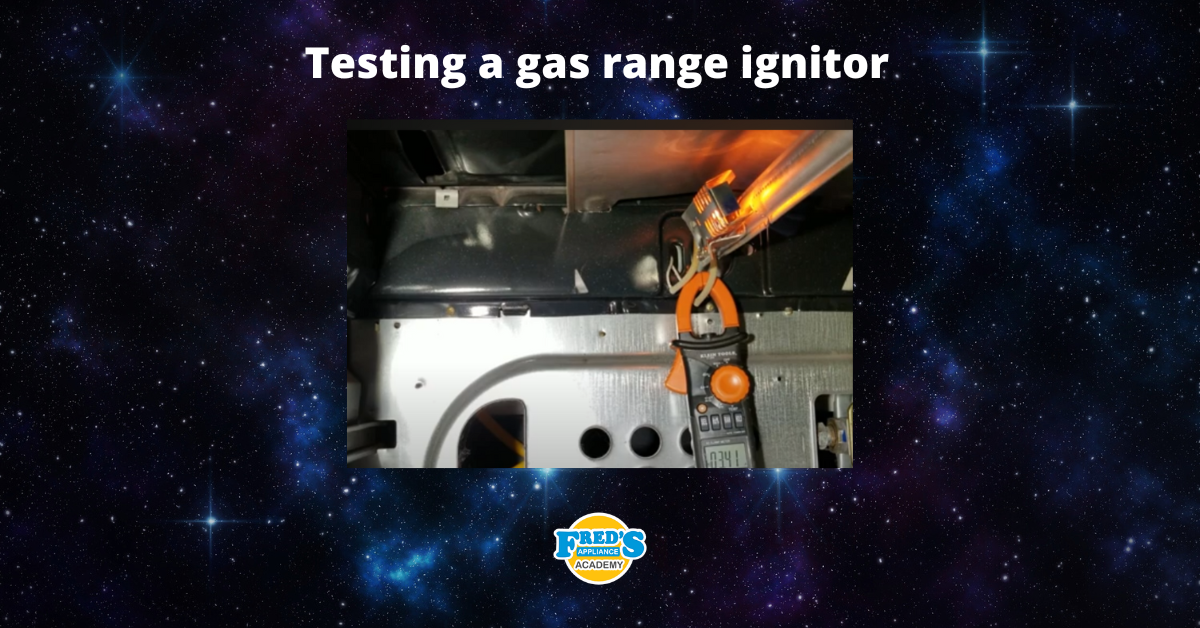
How to test a gas range ignitor

Congrats to our graduating March 2024 class

How to test a 120 volt receptacle

Congrats to our graduating February 2024 class
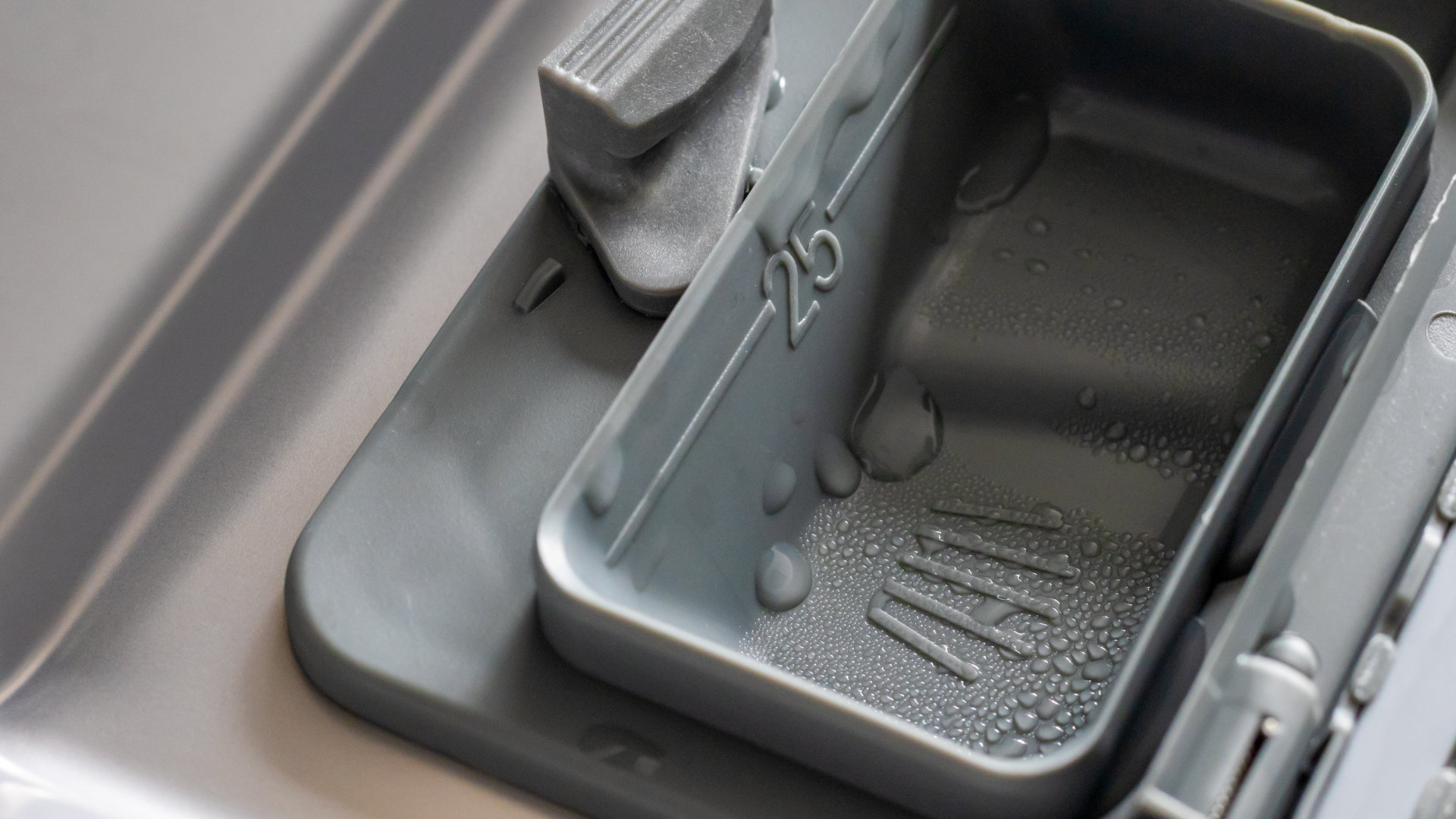
Why Is Your Dishwasher Soap Not Dissolving? (5 Easy Fixes)
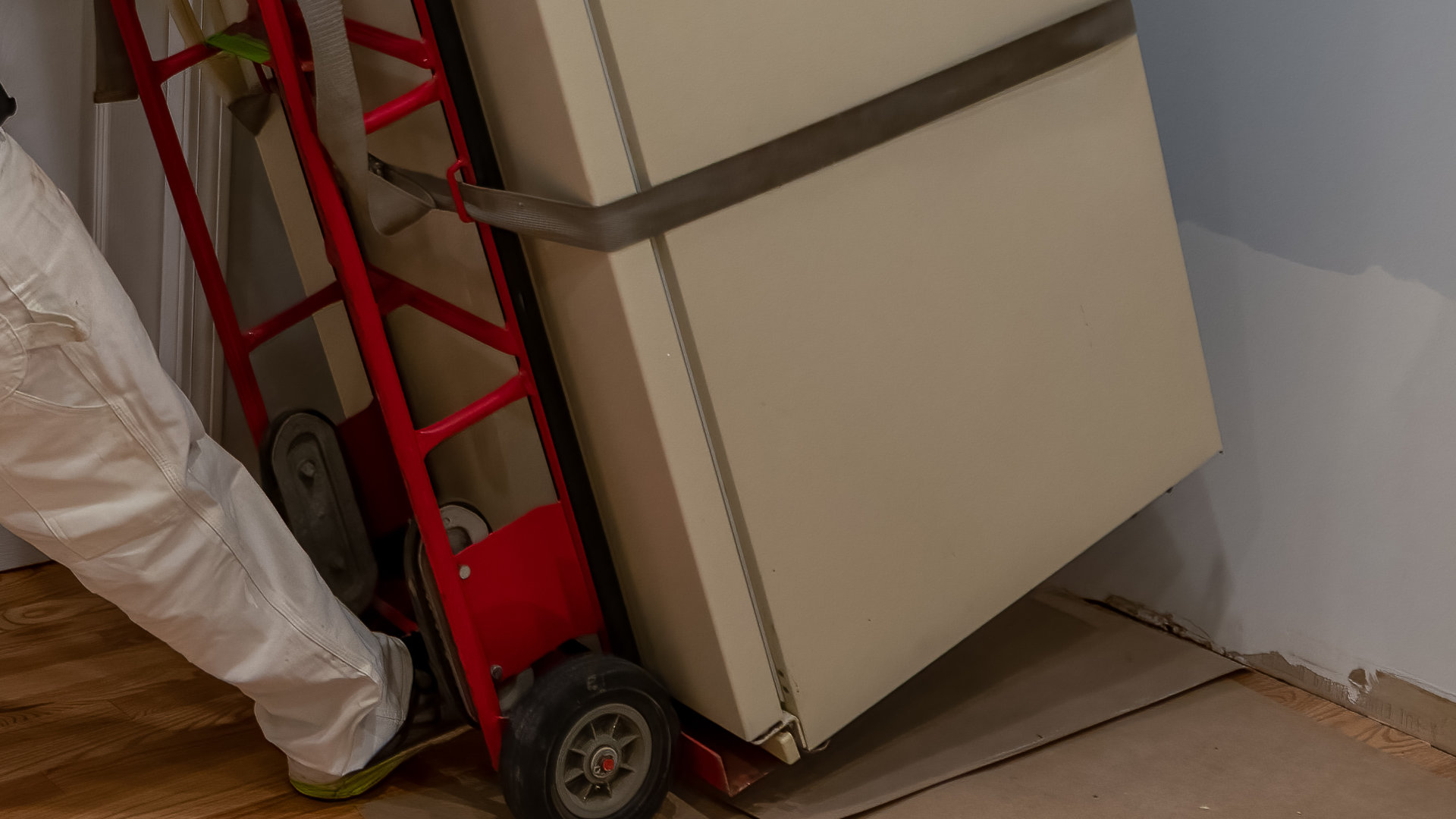
Refrigerator Dripping Water Inside? 5 Quick Fixes
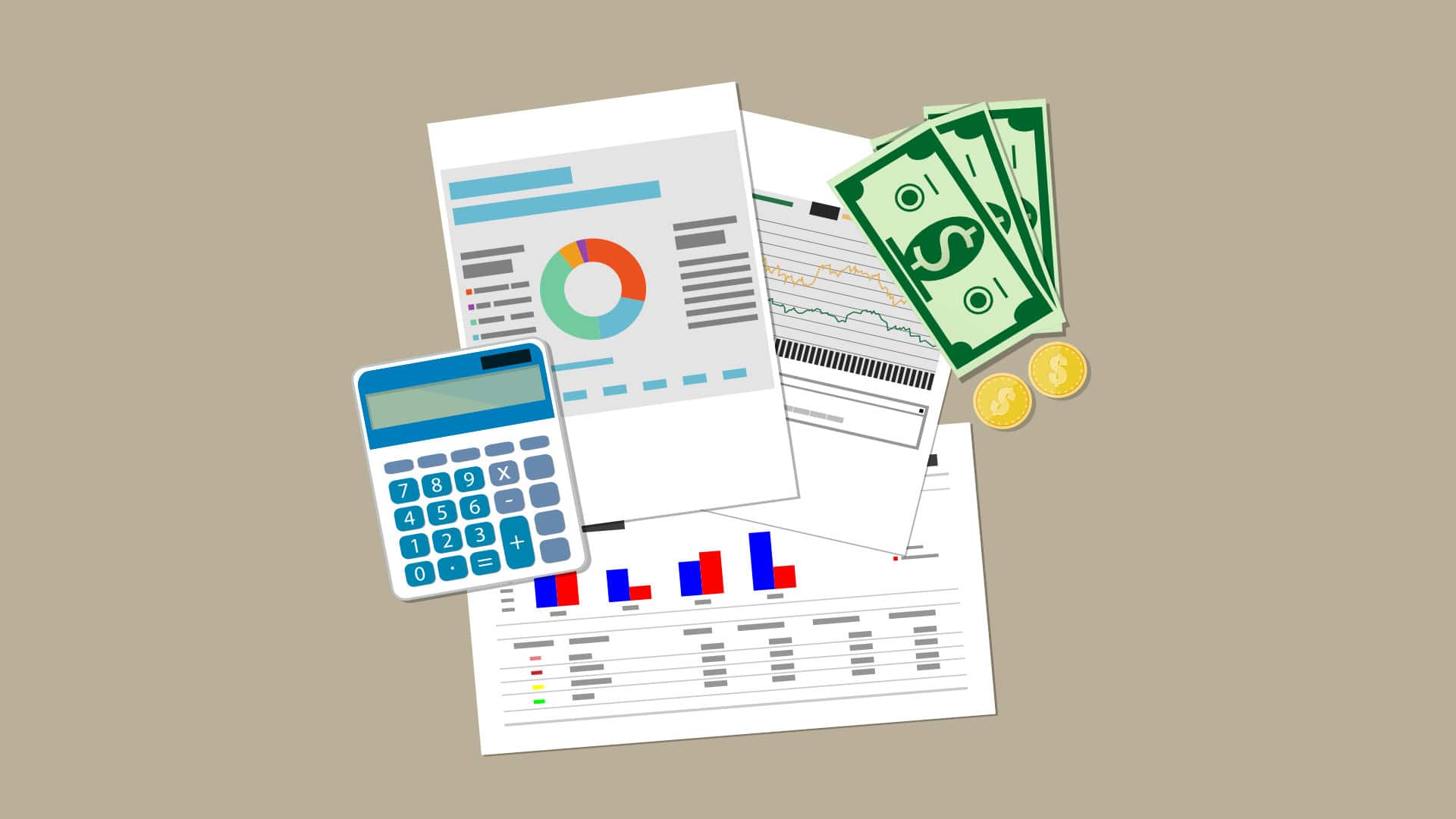
Appliance Industry 2023 Q4 Results

Congrats to our graduating January 2024 class
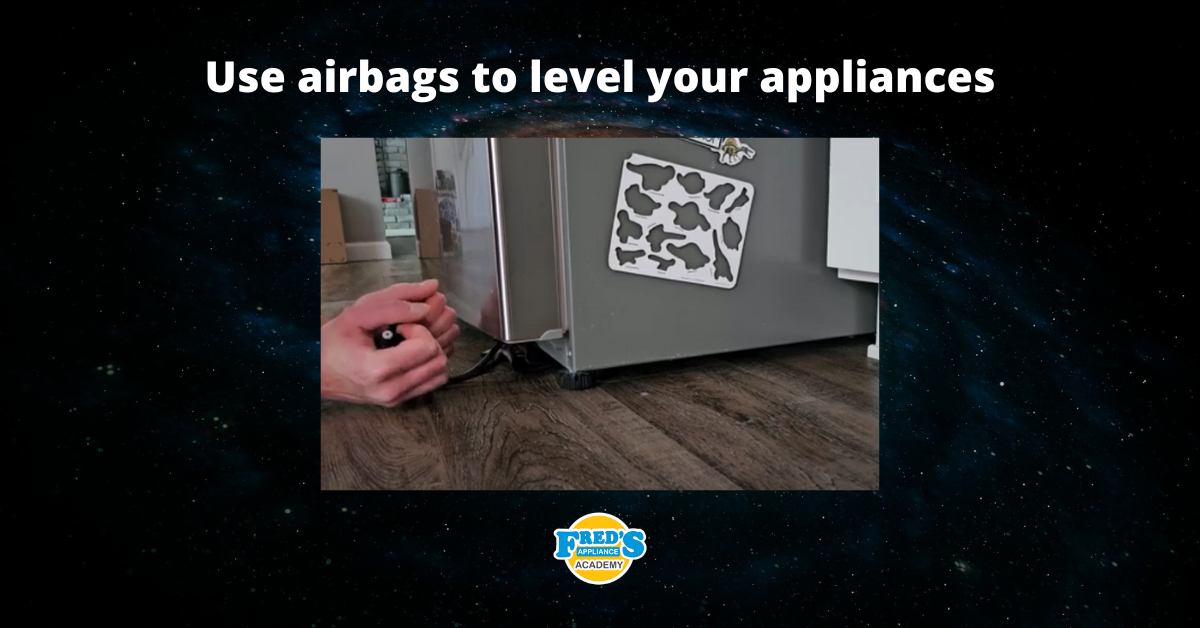
Clever ways to use airbags to level your appliances
